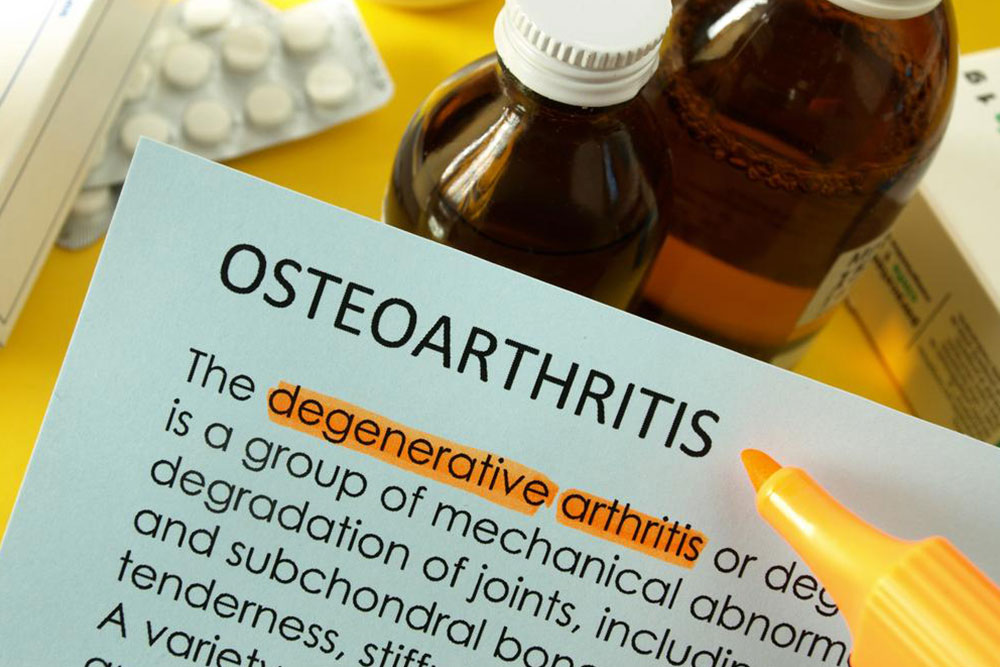Effective Strategies for Immediate Relief from Neck Stiffness
Discover quick and effective ways to soothe neck stiffness and pain. This article covers common causes like muscle strain and injury, along with treatment options such as medication, physical therapy, and home remedies. Learn how to recognize symptoms requiring urgent care and explore natural relief methods to restore neck mobility swiftly. Whether dealing with minor discomfort or more serious issues, timely intervention ensures quick recovery and alleviates ongoing pain, helping you regain comfort and functionality.

Experiencing neck stiffness can be quite distressing, limiting your movement and causing discomfort with even simple motions. Commonly resulting from poor posture, injury, or strain, neck pain can interfere with daily routines. The neck's structure—comprising bones, muscles, and ligaments—is vulnerable to inflammation or injury, leading to discomfort. Mild stiffness often resolves with rest, but severe pain may need targeted treatment. Causes include muscle strain, injuries like whiplash, or underlying conditions such as arthritis. Prompt care and appropriate therapies are essential to restore neck mobility and reduce pain.
The neck units support the head and facilitate movement through a network of muscles, tendons, and ligaments. Damage to these structures causes pain and stiffness. Typical triggers include muscle overstretching from poor posture, sudden jerks, or injuries from falls or sports. In rare cases, neck pain could signal serious issues like heart problems or infections such as meningitis, which require urgent medical attention. For less severe cases, treatments like medication, physical therapy, or home remedies can effectively alleviate symptoms, helping you regain comfort and mobility.
Muscle tension or overstretching: Often from bad posture, sleeping positions, or vigorous activity.
Trauma or injury: Such as falls, sports accidents, or rapid movements causing muscle tears or whiplash.
Serious health issues: Conditions like heart attack symptoms or infections that demand immediate medical care.
Inflammatory conditions: Arthritis, spinal stenosis, or osteoporosis can also contribute to neck pain.
Effective treatment varies based on the cause. For minor strains, rest and home remedies may suffice, while severe or persistent pain might need medication or professional intervention. Consulting a healthcare provider ensures proper diagnosis and tailored treatment plans.
Common approaches include:
Medications: Muscle relaxants, corticosteroids, or antibiotics for infections.
Hospital care: For emergencies like serious injuries, infections, or heart-related symptoms, hospitalization is essential.
Physical therapy: Exercises and physiotherapy help relieve pain from strains or postural issues, sometimes involving neck braces.
Traction: Used to reduce stress between cervical vertebrae in conditions like mild spondylosis.
Surgical options: Reserved for severe, unresponsive cases, usually as a last resort.
Home remedies can also provide relief, especially for mild to moderate discomfort. Applying ice or heat, practicing gentle stretching, or receiving massage or chiropractic care can be beneficial. Maintaining proper posture and rest supports recovery. However, persistent or worsening symptoms should prompt medical consultation.
Note: This information provides general guidance. For persistent or severe neck pain, always seek professional medical advice to determine the appropriate treatment plan.










